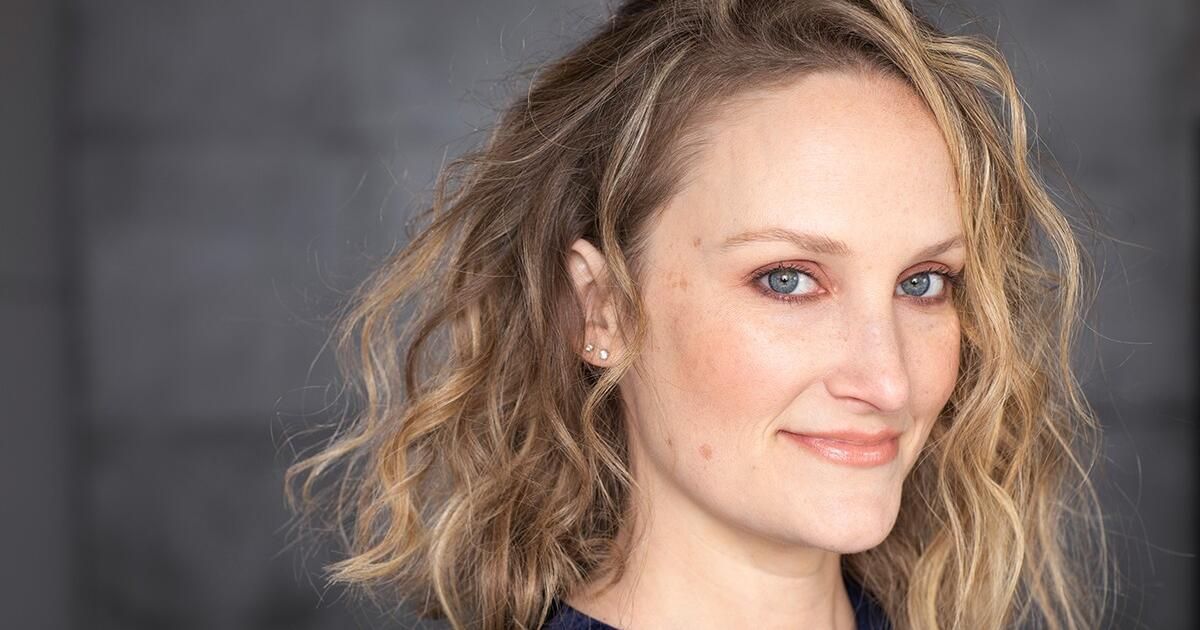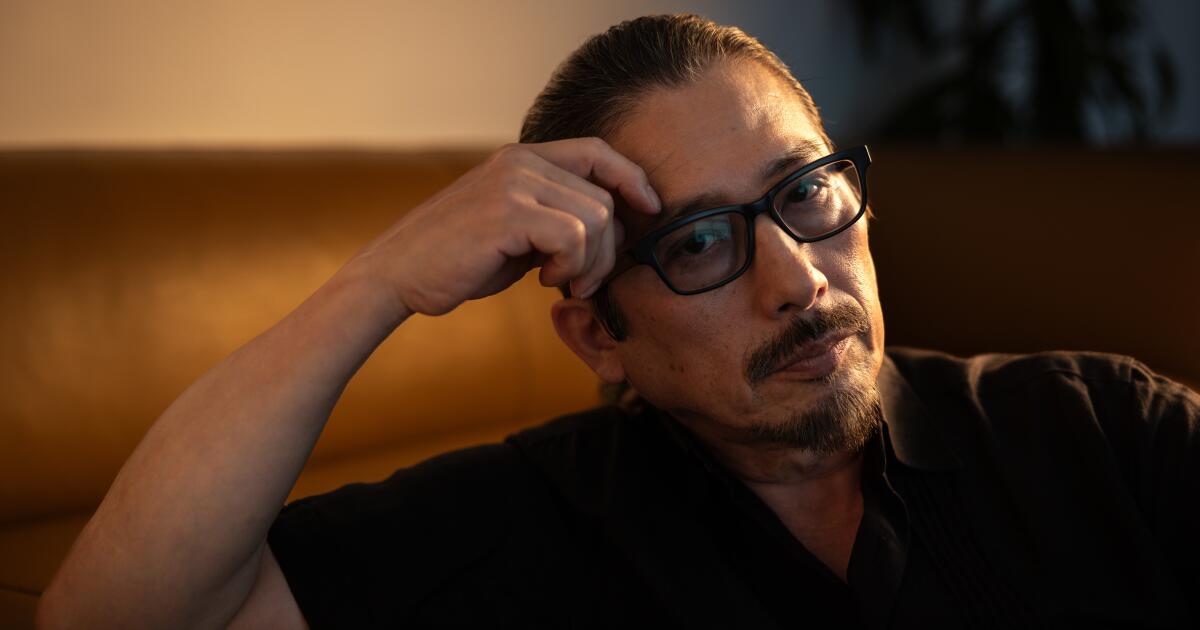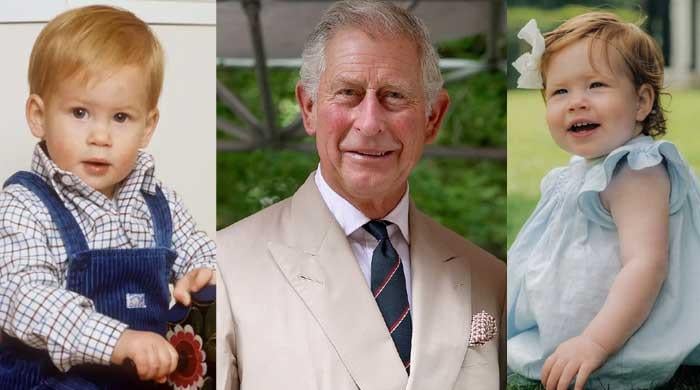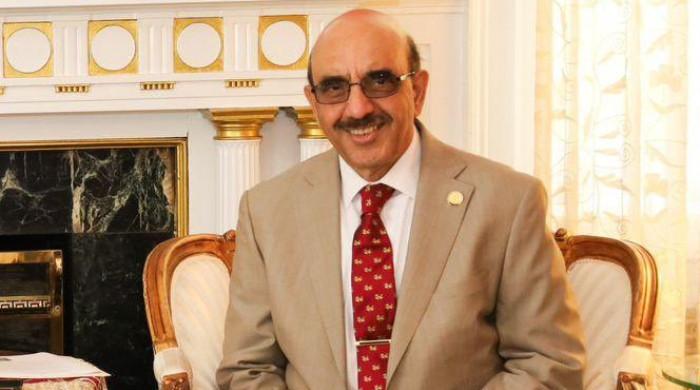On the shelf
Dearest
By Jacquie Walters
Mulholland: 304 pages, $29
If you purchase books linked on our site, The Times may earn a commission. Librería.orgwhose rates support independent bookstores.
Jacquie Walters’ debut, “Dearest,” out Sept. 17, is a horror novel about motherhood, including the demands of a breastfed baby and how postpartum hormones affect a woman’s psyche. Because Walters and her husband have two young children, she knows her terrain well. The family lives in Brentwood, Calif., where Walters has forged a career as a screenwriter with several television pilots to her name, including the upcoming adaptation of Melissa de la Cruz’s hit vampire series, “Blue Bloods.”
The path to screenwriting and fiction has been a winding one for the new author, who graduated from the University of Virginia with a degree in film and theater and moved to Los Angeles with the intention of acting. “I had always been a straight-A student who tried hard and got results. When I went to auditions, I tried hard, but I rarely got an A. It seemed so arbitrary and out of my control. So I made a complete shift to find something I could be responsible for, and that turned out to be working on a National Geographic reality show.”
It's clear that Walters has a story to tell beyond the one in her chilling new novel. She spoke from her home office via video conference about her professional life in Hollywood, how she used one of Tina Fey's scripts as a textbook, and why horror fiction can help us learn about taboo subjects.
You started at the University of Virginia, which doesn't seem like an immediate choice for a screenwriter.
At UVA, I participated in the Echols Scholars program, which allows you to design a self-directed major. Mine was in film and theater. I hadn’t wanted to go to a conservatory program or anything focused on just one industry because I wanted a well-rounded college experience. I think it’s really important for us creatives to not pigeonhole ourselves, because we’re meant to reflect humanity. You want to be able to access all of that when you’re acting, writing, or directing.
How did your experience with the National Geographic program lead you to your current work?
The showrunner asked me if I was willing to travel. I immediately said yes, imagining I'd be swimming with sharks in South Africa or tracking polar bears in Alaska, so of course I was sent to a crappy camp in Vermont for a show called “Building Wild.” That's why “Dearest” is set in Vermont, by the way. I got to know the climate and geography of that state well. I also became a very fast typist because I was in charge of taking field notes, and sometimes I had three producers conducting interviews on the fly at once.
But you missed out on being more creative.
I did. At the time, I was really into comedy. I looked up to Amy Poehler, Kristen Wiig, all these great comedians who had started out as writers. So I thought, “Maybe the way to get here is through writing.” I know myself, and I need some kind of deadline when I’m working. The Austin Film Festival was coming up, and I sent something in. When my script got to the second round, it gave me confidence. I never took any screenwriting classes. My first pilot I wrote by printing out one of Tina Fey’s early drafts of “30 Rock” and using that as a model.
Let’s talk about “My dear.” Jacquie, haven’t you heard that books are dead and that nobody reads anymore?
First, I think I was too naive to know that books are dead. I always had a book in my hand and always had the pipe dream of writing a book in the back of my head. When I started thinking about writing a novel, I knew, once again, that I would need to be held accountable. Then I found the Stanford Novel Writing Program, applied, and was accepted. I felt a little bit like a fish out of water. Most of the people in the program want to write the next Great American Novel. I was like, “I want to write the next ‘Gone Girl.’” I wrote a novel through that program, but it wasn’t the next “Gone Girl.” It wasn’t even “Dear.” But what I learned about structure was really a boost to my career because I finally saw that I was more interested in writing dark crime thrillers than I was in writing comedy. I followed that impulse and wrote my first drama pilot, which was sold to ABC. We were three days away from cameras rolling when they shut us down because of COVID-19. It was March 2020.
You also had a baby that year, right?
Yes, our first child was born in August 2020. We were supposed to use a gift from a night nurse for two weeks, but we weren’t able to because of the pandemic. There I was, trying and failing to breastfeed through so many lonely nights. I feel like I’m going to cry right now just talking about it. It was so hard to accept that I wasn’t going to be able to do it, and I felt guilty too. I had mom friends who talked about breastfeeding as an amazing bond and how easy it was for them. I tried everything. Nothing worked for us except pumping 24/7, and that’s even more isolating because you’re not with your baby at the time. When I decided to use formula with our second child, it was the best decision I ever made.
As you demonstrate in “Dear,” those who give birth are also under the influence of powerful hormones.
I remember lying in the hospital bed, breastfeeding in those first few hours after delivery and feeling horrible abdominal pain. The nurses finally said, “Oh, your uterus is contracting.” And it was even more painful the second time around — no one tells you that it gets worse with each baby. The things you think will get easier, aren’t. I think it’s the taboo culture that has gotten so many women into this position. We don’t talk about the process of birth. Few of us see breastfeeding in action before we’re supposed to do it ourselves. I think that’s why I love horror. Not everyone would be comfortable reading a story about postpartum psychosis, but everyone loves ghost stories. If that ghost story can get them thinking about something like postpartum psychosis, then I’ve done my job.












